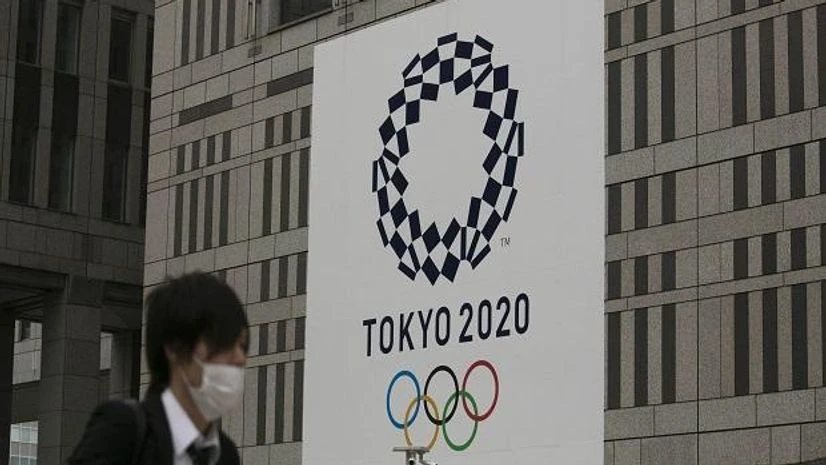Japan is backing off a forecast of how many gold medals it will win at the pandemic-delayed Tokyo Olympics that are set to open next month.
Predicting performance in Tokyo could be a problem for many countries, not only Japan. The pandemic has disrupted qualifying events, thrown training into turmoil, and raised questions about worldwide tests for doping.
The Japanese Olympic Committee said 30 gold medals was the target just a few months before the pandemic hit. The president of the Japanese Olympic Committee now says that is no longer the goal.
In regard to whether it's important to achieve 30 (gold) medals, I would have to answer clearly no,'" Yasuhiro Yamashita said at a news conference on Monday.
He said the focus is now off the number of medals.
I think it is a common understanding (at the Japanese Olympic Committee) that we want to have each athlete be able to do their best and do their utmost, he added.
More From This Section
The United States and China are predicted to finish first and second in the gold-medal standings, as they did in Rio and London. China topped the United States in the gold-medal tally at the 2008 Beijing Olympics.
Japan was aiming very high looking for 30 gold.
Five years ago in Rio de Janeiro, Japan won 12 gold medals, and its best was 16 in 2004 at Athens and in 1964 when Tokyo was also the venue.
Countries generally get a medal bounce from being the host nation.
Japan is likely to rely on seven core sports swimming, judo, badminton, track and field, gymnastics, table tennis, and wrestling. It will also hope to score in the five sports added for Tokyo: baseball, softball, sports climbing, karate, and skateboarding.
The official cost of the Tokyo Olympics is $15.4 billion, although government audits have said it's much higher. All but $6.7 billion is public money.
The pressure to hold the games during the pandemic is largely financial for the Switzerland-based International Olympic Committee, a nonprofit but highly commercial body that earns 91% of its income from selling broadcast rights and sponsorship. Estimates suggest a cancelation could cost the IOC $3 billion to $4 billion in broadcast rights income.
Japan has attributed about 14,500 deaths to COVID-19, good by world standards but worse than many Asian neighbors. About 9% of Japanese have been fully vaccinated with the rollout getting faster in the last few weeks.
Primer Minister Yoshihide Suga was at Tokyo's Haneda airport on Monday to focus attention on border protocols for athletes and others entering Japan for the Olympics and Paralympics.
About 15,400 athletes will arrive for both events, in addition to tens of thousands of others from more than 200 nations and territories.
A member of the Ugandan Olympic contingent tested positive for coronavirus last week upon arrival at Tokyo's Narita airport. The remainder of the team was allowed to travel to a training camp near Osaka, where another member of the party also tested positive.
Virus infections in Tokyo are rising again just a week after a state of emergency was lifted and fewer restrictions were put in place under a "quasi-emergency order that ends on July 11.
(Only the headline and picture of this report may have been reworked by the Business Standard staff; the rest of the content is auto-generated from a syndicated feed.)

)
